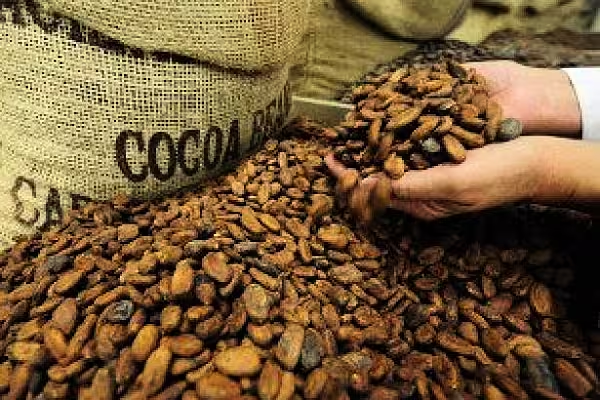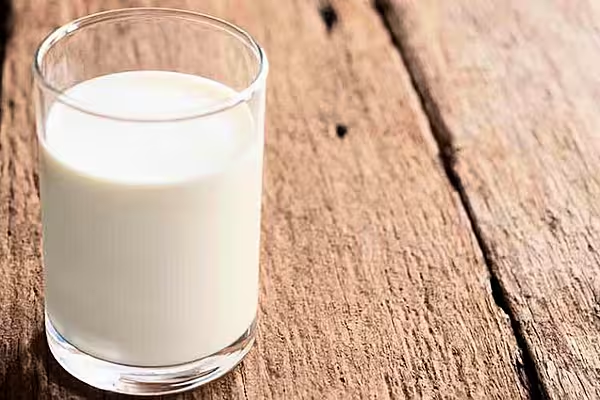Cocoa declined to the lowest price in five months on signs the crop in Ghana, the world’s second-largest producer, is recovering at a time demand for chocolate is contracting.
Purchases of cocoa from farmers in Ghana climbed to about 590,000 metric tonnes from the start of the season October 1 through to January 14, according to a person familiar with the data who asked not to be identified because the information is private. That’s an increase of more than 20 per cent from a year earlier, KnowledgeCharts data showed.
The increase in purchases may be a sign the crop in Ghana is recovering after falling to a five-year low last season. At the same time, global chocolate consumption is weakening, after contracting 3.7 per cent from September to November, Barry Callebaut AG, the world’s largest cocoa processor, said Wednesday citing Nielsen figures.
Purchasing data "would suggest that we are on track for a ‘normal’ total crop of 800,000-850,000 metric tonnes, better than last year’s slump, but below the bumper crops in 2010-11 and 2013-14," Edward George, head of soft commodities research at Lome, Togo-based lender Ecobank Transnational Inc., said by e- mail Wednesday.
Cocoa for March delivery slid 0.6 per cent to £2,041 ($2,888) a tonne on the ICE Futures Europe exchange by 11 a. in London. It fell to as low as £2,030 a tonne, the weakest for a most-active contract since August 24. In New York, the beans for the same month fell 0.8 per cent to $2,788 a tonne on ICE Futures U.S.
While Ghana’s cocoa purchases are much bigger than last season’s 475,000 tonnes, they are still below the 2013-14 season level, when it was 624,000 tonnes, according to KnowledgeCharts, a unit of Commodities Risk Analysis.
The data must also be taken "with a pinch of salt" as Ghana’s Cocoa Board isn’t officially publishing the information, Ecobank’s George said. The purchase data track beans that companies have declared that they made acquisitions. In the past, purchases were declared before buying, making the crop look bigger than it actually was.
Robusta coffee for March fell as much as 2 per cent to $1,339 a tonne in London, the lowest for a most-active contract since June 2010, before trading 1.1 per cent lower at $1,351 a tonne. In New York, arabica futures for the same month rebounded 0.9 per cent to $1.1265 pounds a tonne after falling 3.5 per cent Wednesday.
Commodities are being dragged down by concerns about global growth. The Bloomberg Commodity Index, a gauge of returns for 22 raw materials, fell for a second day after declining to the lowest level since 1991 on Wednesday.
"The renewed weakness in commodities prices recorded since the start of the year reinforces our view that 2016 will be another tough year for commodity markets," BMI Research, a unit of Fitch Ratings, said in an e-mailed report. "Cocoa and coffee will underperform agricultural commodities in 2016 as the market returns to surplus."
News by Bloomberg, edited by ESM. To subscribe to ESM: The European Supermarket Magazine, click here.














